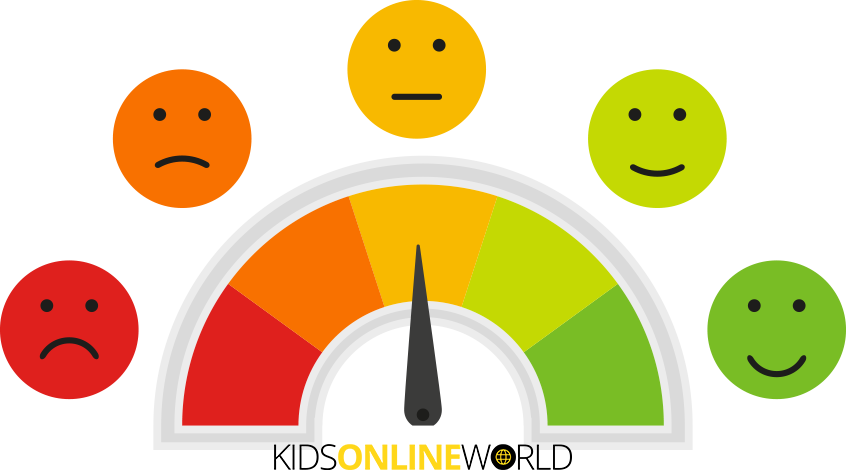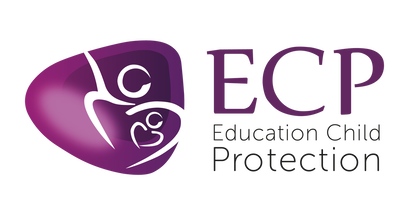SNAPCHAT
|
MINIMUM AGE: 13+
WHAT IS IT? Snapchat is a messaging app known for disappearing photos and videos. It allows users to send self-destructing messages, features filters and lenses, and has a Stories function for sharing content that lasts 24 hours. The app gained popularity for its creative features and is widely used, especially among younger audiences. Snapchat's Live Location feature lets users share their real-time location with friends on a map for a set duration, facilitating meet-ups and keeping track of friends temporarily. Users have control over the sharing duration. WHAT WE SAY: Treat with caution. Snapchat's feature that makes photos and videos disappear raises concerns about the sharing of inappropriate content, including mature material through public features like 'Discover.' Despite the temporary nature of these media, they can be captured via screenshots or other devices, making them permanent against the sender's wishes. While the app notifies users when a screenshot is taken, it still presents a potential risk. Moreover, Snapchat's AI capabilities, exemplified by features like 'Dreams' for creating AI portraits, introduce worries regarding issues such as bullying, deepfakes, and sextortion. On a social front, Snapchat enables video chats with up to 16 friends simultaneously, fostering group interactions. However, the app's Snap Map feature, allowing real-time location sharing, raises privacy concerns. Caregivers are advised to educate their children about the potential risks associated with sharing location information and to ensure that privacy settings are configured appropriately. A notable red flag is the ability for users to chat with people nearby, highlighting potential safety concerns. For more information on Snapchat's safety and reporting features, SWGFL (South West Grid for Learning), Safe, Secure, Online has published a Snapchat Checklist, providing valuable insights and guidelines. |
SAFETY TIPS TO CONSIDER:
FURTHER SUPPORT: For parents/ carers If you're worried about your child or need support call NSPCC helpline on 0808 800 5000. If you discover criminal content when online then report it directly to the police or the Internet Watch Foundation. If you're worried about online grooming or sexual behaviour online then report directly to the police or contact CEOP. For Children & young people if they're worried or want to talk, encourage them to contact Childline Online or call 0800 1111. Check out our Resource Centre for further information and useful online safety tips. |



